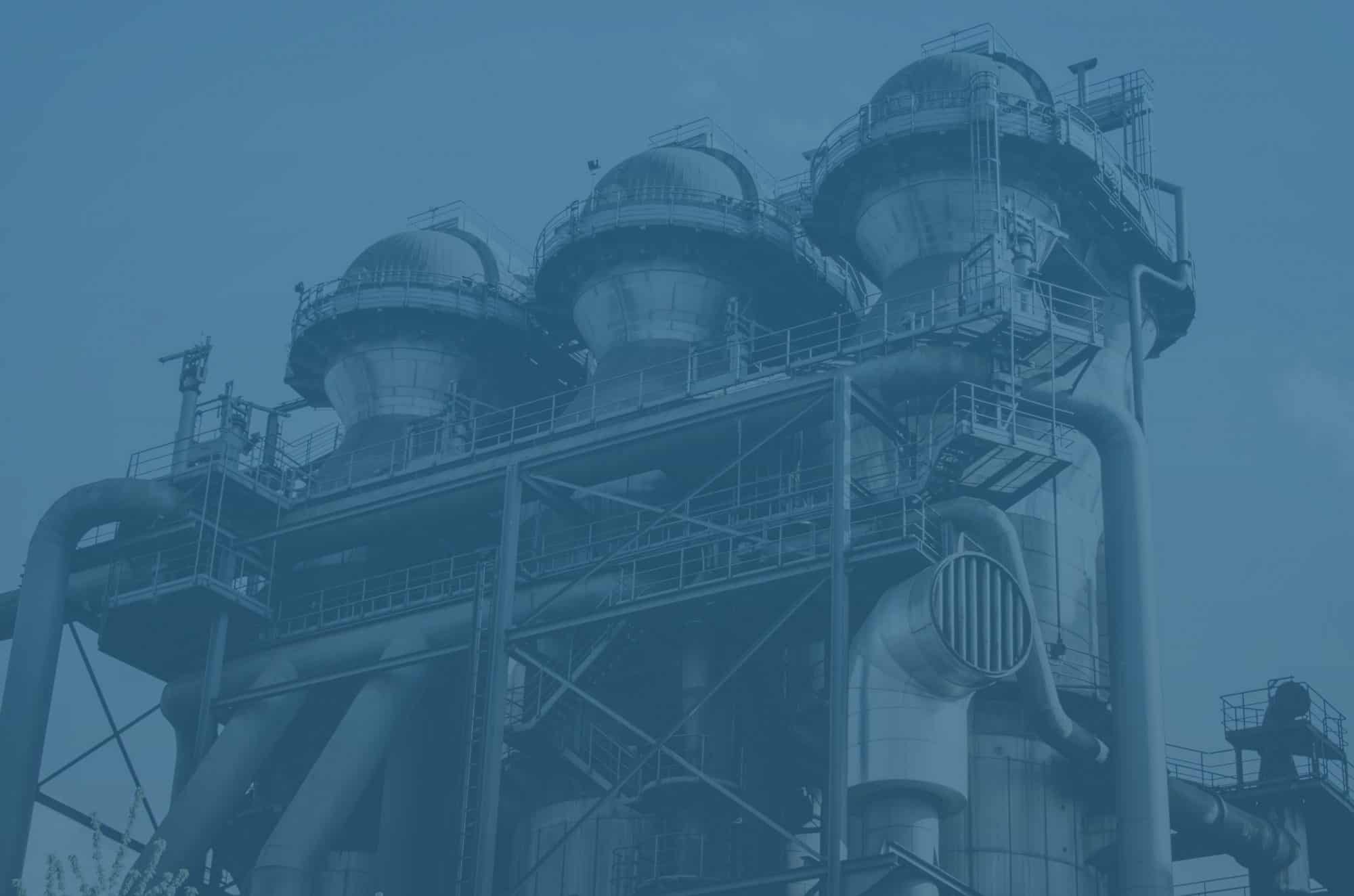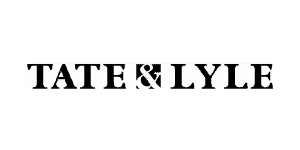Industrial silencers aren’t something you see every day. When you do though, you should be glad they’re there. It’s the job of these installations to reduce noise from various sources. With them around, your work environment will be much safer. As a company that excels in designing and providing these goods, we can supply them to suit all kinds of needs.
With the designing and installation of emergency generator exhaust silencers, you need to look at certain areas. There is a myriad of critical considerations to make to guarantee optimal performance. This will also ensure longevity and safety. We’re going to discuss some of the key considerations you cannot ignore here, so read on to learn more.
Consistency
Firstly, it’s necessary to guarantee consistency between specifications and plans. Conflicts between electrical and mechanical specifications, or between plans and corresponding specifications, can cause problems. This is with the selection and installation of silencers.
Discrepancies here can include the specified type of silencer or differences in sound attenuation needs. You need to review and reconcile all plans and specifications. It will let you avoid problems, and therefore ensures that silencers have all the right attributes.
Exhaust gas velocity
Next, you need to consider exhaust gas velocity when picking industrial silencers for exhausts. This is an essential factor. It will help you to obtain the necessary sound attenuation and guarantee equipment longevity. High gas velocities can result in high-frequency noise and possibly equipment failure. When choosing silencers, make certain the gas velocity falls within acceptable limits.
Don’t use any regular silencer
Something you shouldn’t do is compromise the design by picking a standard silencer. Each project comes with its own requirements. Therefore, they need a tailored approach to silencer design and installation. Make efforts to maximise the use of available space and meet sound attenuation needs. Also, lower the impact on engine exhaust flow. A custom solution will usually give the best reliability and performance for the project’s conditions.
Thermal expansion
Failing to accommodate for thermal expansion is one of the leading causes of failures in piping systems. It leads to exhaust leaks. Proper design needs to include allowances. The right use of expansion joints and other measures will help absorb the thermal growth of pipes. Additionally, it’ll stop the system getting stressed as well.
Downstream piping
Lastly, do consider all downstream piping when choosing silencers. Your choice of silencer needs to take into consideration the engine. Not only this, it has to accommodate any substantial piping that you could install downstream of your silencer. Not considering the pipe layout can lead to a silencer that doesn’t perform properly. Instead, you need to design it based on the entire system configuration.
The experts at designing industrial silencers
At Ventx, our silencers benefit companies and their visitors. They work to keep noise levels down. This helps to prevent hearing loss and other problems that occur because of loud noises. It is also really good for the environment.
So, if you’re interested in our industrial silencers, let us know. We can design them for almost any need, including noisy diesel or gas generators and more.









